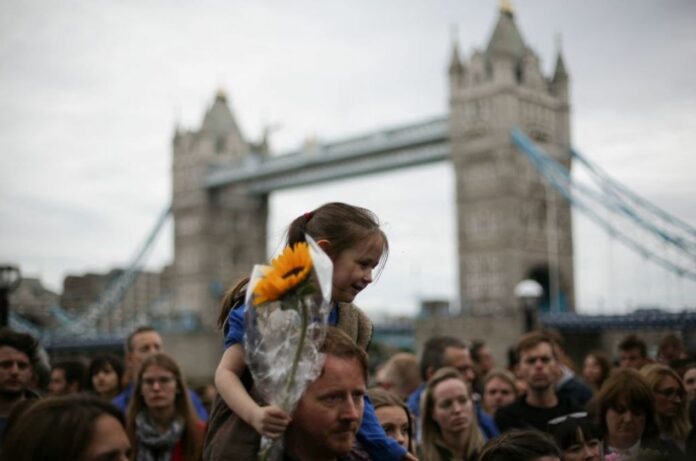According to a new report released today by an international team headed by Oxford’s Leverhulme Centre for Demographic Science, life expectancy is less predictable and may be as much as 14 years lower for young people in violent nations compared to peaceful ones.
It indicates a strong connection between the unpredictability of living in a violent environment, even for those who are not actively engaged, and a ‘double burden’ of shorter and less predictable lives.
The findings indicate that the disparities in lifetime uncertainty across nations with high and low levels of violence are mostly attributable to the incidence of violent deaths.
However, “the impact of violence on mortality,” according to the report, “goes beyond cutting lives short. When lives are routinely lost to violence, those left behind face uncertainty as to who will be next.”
According to Dr José Manuel Aburto, lead author from the Leverhulme Centre for Demographic Science and London School of Hygiene and Tropical Medicine, the “most striking” discovery was the stronger correlation between violence and lifetime uncertainty, compared to life expectancy. This highlights the importance of considering lifetime uncertainty in evaluating shifts in “mortality patterns.”
Using death rates from 162 countries and the Internal Peace Index from 2008 to 2017, the study shows that the countries with the most violence are also the ones with the most uncertainty over a person’s lifetime.
In the Middle East, this is mostly caused by young people dying because of war, while in Latin America, homicides and other forms of violence have a similar effect.
However, between 2008 and 2017, lifetime uncertainty was “remarkably low” in most Northern and Southern European nations. Even though Europe has historically been the most peaceful continent, the Russian invasion of Ukraine will have an effect.
In recent years, less people are dying from cancer, which has made life less uncertain in countries with high incomes. However, even people who are not directly implicated in acts of violence feel lifelong uncertainty in the most violent countries.
The report says, “Poverty-insecurity-violence cycles magnify pre-existing structural patterns of disadvantage for women and fundamental imbalances in gender relations at young ages.”
There has been a disturbing uptick in female homicides in a number of Latin American nations over the last several decades, and research shows that growing up in a violent community has negative effects on health and social development, especially for girls and young women.
Despite the fact that males constitute the majority of direct victims of violence, women are more likely to suffer non-fatal repercussions in violent situations, according to study co-author Professor Ridhi Kashyap of the Leverhulme Centre.
“These indirect effects of violence should not be ignored as they fuel gender inequalities, and can trigger other forms of vulnerability and causes of death.”
The report says that lower life expectancy is usually linked to more uncertainty in life. Living in a violent culture also breeds fragility and unpredictability, which might encourage more acts of violence.
Life expectancy is shorter in violent than in less violent nations; they estimate a disparity in remaining life expectancy at age 10 of around 14 years between the least and most violent nations…
The difference in life expectancy between low-income nations and El Salvador, Honduras, Guatemala, and Colombia is mostly explained by excess mortality from violence.
“It is striking how violence alone is a major driver of disparities in lifetime uncertainty,” remarks Study co-author Vanessa di Lego.
“One thing is for certain, global violence is a public health crisis, with tremendous implications for population health, and should not be taken lightly.”
Source: 10.1126/sciadv.add9038
Image Credit: DANIEL LEAL/AFP via Getty Images
